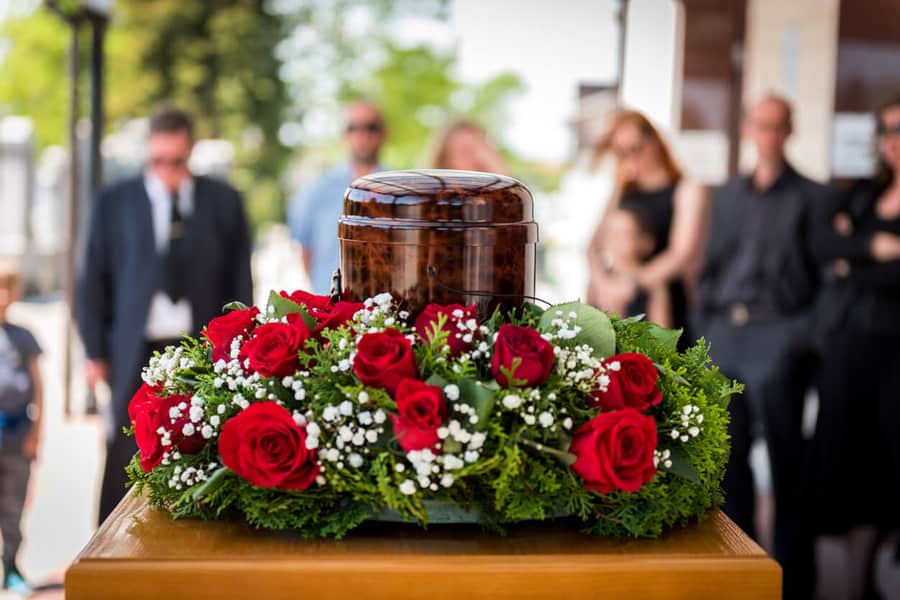Funerals are more than just a ceremony to bid farewell; they encapsulate the very essence of human sentiment, our history, and socio-cultural evolution. For millennia, these ceremonies have not only provided closure but also offered insights into how societies perceive life, death, and the profound connection between them. The way we commemorate our departed tells a compelling story of our past, influences our present, and sets precedence for the future. As online funeral directors at Newrest Funerals, we offer a plethora of options that encompass traditional, eco-friendly, and more modern choices, underlining the significance of evolving funeral rituals. This article delves into the rich tapestry of history behind funeral practices, elucidating their evolution and indelible importance.
The Ancient Funeral Practices and Their Evolution
Historically, funeral rituals bore witness to society’s changing dynamics and their attitudes towards mortality. The ancient Egyptians, for instance, believed in the afterlife, which led to their elaborate mummification processes and grand pyramids as tombs. They saw death not as an end, but a transition. Similarly, the Greeks interred their dead in intricate underground chambers, while the Romans embraced cremation, displaying the ashes in ostentatious urns.
The medieval period saw Europe adopting burial practices that often intertwined with religious beliefs, with tombs bearing inscriptions imploring prayers for the deceased’s soul. Over time, the Renaissance ushered in a more personalised approach to funerals, reflecting individual accomplishments and societal status.

The Spiritual and Social Significance of Funeral Rituals
Funeral rituals serve as pivotal junctures of spirituality and socio-cultural introspection. Anthropologist Robert Hertz in his seminal work elucidated how death ceremonies, beyond the evident emotional catharsis, establish societal equilibrium, reaffirming social ties and collective memory. As Victorians draped their homes in black, they illustrated mourning’s tangible embodiment, making grief palpable within the community.
Religions, too, offer their unique funeral rites, reflecting their dogmas and philosophies. The Jewish tradition of ‘sitting Shiva’, for instance, underscores communal support, while Hindu ceremonies stress the soul’s cyclical journey.
Modern Adaptations and the Rise of Eco-friendly Funerals
Contemporary funeral practices have undergone significant transformations, imbibing the ethos of the times. As environmental concerns gain momentum, eco-friendly funerals emerge as a testament to our renewed commitment to the Earth. These green funerals limit environmental impact, using biodegradable coffins and reducing carbon emissions.
Moreover, the paradigm shift to online funeral directors like Newrest Funerals exemplifies how technology aids in preserving traditions while offering customised, efficient solutions. Direct cremations and burials offer families flexibility, allowing them to tailor ceremonies aligned with their wishes and values.
In tracing the trajectories of funeral practices, we uncover the nuanced interplay of history, culture, and spirituality. These rituals, ancient or modern, eco-friendly or traditional, underscore the universal human experience of mortality and our ceaseless endeavour to lend meaning to it. At Newrest Funerals, we deeply understand the profound significance of these ceremonies. While we embrace evolving rituals and environmentally conscious options, we ensure every funeral remains a poignant tribute to a life lived. For those embarking on the solemn journey of arranging a funeral, we extend our expertise, ensuring your choices resonate with both tradition and contemporary sensibilities. Trust in us to guide you through this essential rite of passage.


